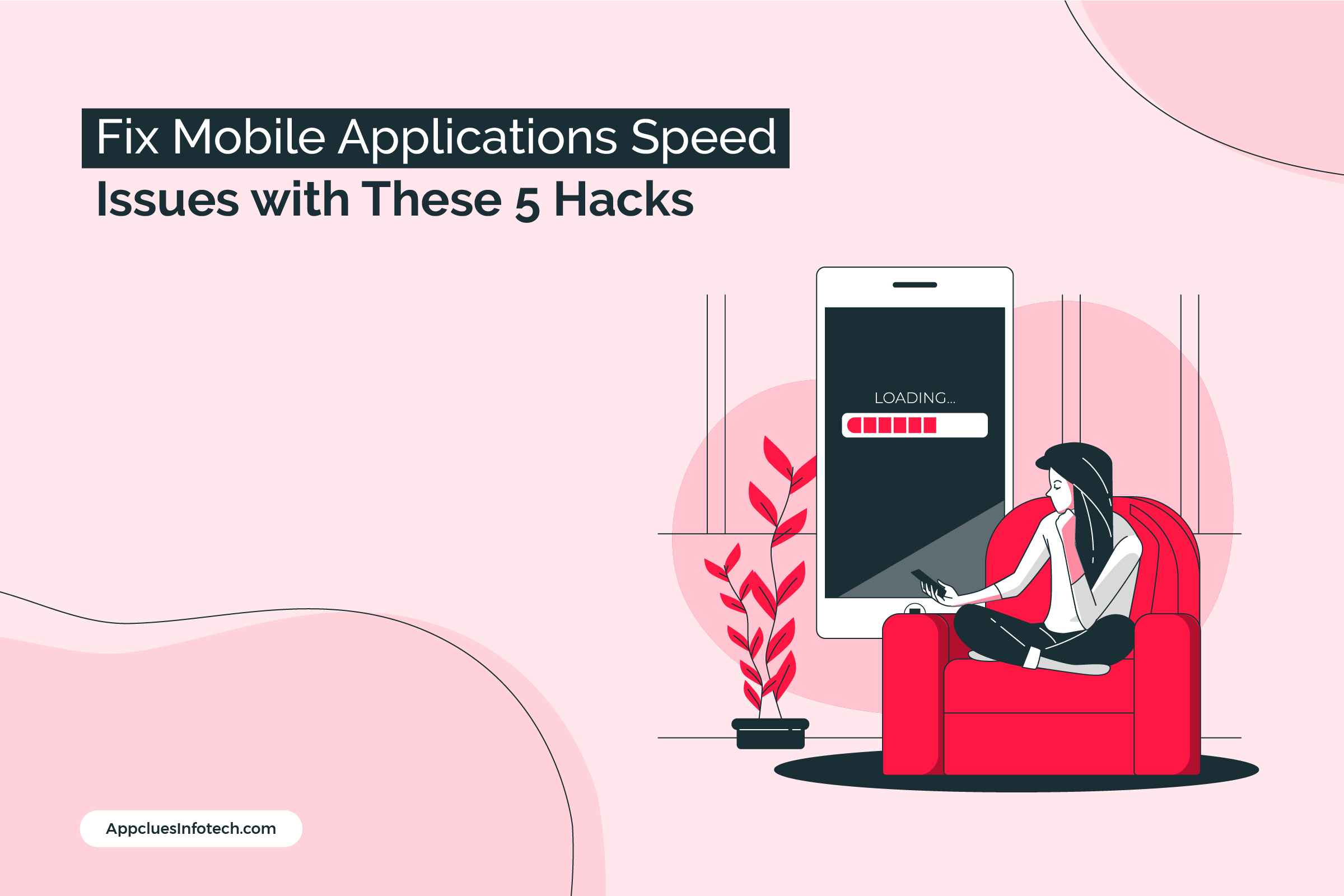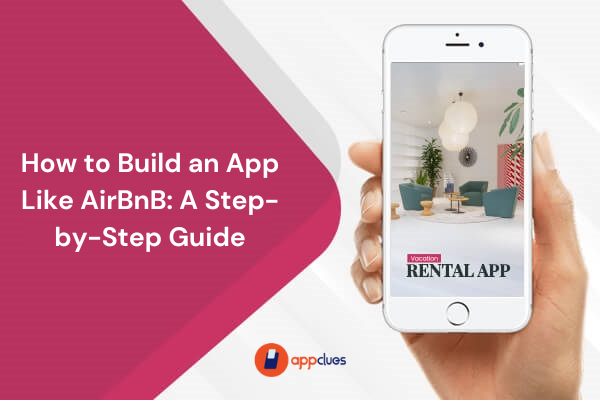Without a doubt, mobile applications are dominating the world with their outstanding benefits. And to ensure the perfect outreach of the mobile application, the optimized UI/UX design plays a major role. Today, the app market is completely user-oriented and application UI/UX plays a major role in making it successful.
Mobile app UX defines how the mobile application feels, the usability & functionality and other intuitive features giving the user with relevant experience. Some of the leading mobile applications are fairly designed with the right UI/UX. Facebook, YouTube, Rise, Tinder, Myntra are some of the apps that capture user’s attention and a large number of visitors due to some extraordinary designs.
For mobile applications to achieve objectives such as the generation of traffic, revenue, reputation, and brand building, the face of the mobile application should be easy and captivating. The mobile application developers need to keep in mind a few things that need to be adhered to and avoided.
Following are the best ways to achieve Top UI/UX Design:
1. Research Before Designing
At the beginning of the new project, it is always better to do some research and note down the ideas before proceeding with the designing part. The UX designers should understand the business concept and create mock-up based on the objectives. The mock-up should clearly state the look and feel and functionality of the application. While building the mock-up, the UX designer must consider several factors and undermine a few important steps:
- Search the customer’s base
- Understand the user’s persona including customer background and goal
- Create a report of competitive analysis and user stories
2. List out Desired Features
To most of the designer’s approach, features of a mobile application play a significant role in its success. However, this isn’t a golden rule to create a mobile application. More and more features just add to the confusion for first-time users. To develop a successful application the developers should emphasize building the one with limited features.
To define the features, one must have an answer to the following:
- The core objective of the mobile app
- Only features important for its proper functioning
- Way to make it easiest and convenient in handling
- Design elements that change user’s demographics
3. Clear and Easy Navigation
The user needs to be able to find his way throughout the app. So, the navigation of the application should be user-friendly. It should be placed on the top of the app view so that the user can easily find the navigation button. Add to it, the app must provide the necessary instructions and directions of navigation to the first time user.
4. Select the Right Color
Would you prefer to stay long on the app that has an unpleasing color palette throughout? Nobody would. The choice of colors affects the overall layout of the application. It is being noticed that there are color palettes or themes available for every type of mobile application. There are good color combos in the palette created knowing the choice of users. It is advised for the developer to look from the user’s point of view to get the appropriate output.
5. React to Customer’s Feedback
To know what your customer thinks of your mobile app, feedback is necessary. But, the more important thing is to respond to this feedback and reviews. Nowadays, every mobile application is putting in the feature of put-down feedback as it helps in improvement and enhancement. This user-centric strategy helps mobile app developers’ work on the weak points and provides them the desired outcome.
6. Avoid Jargons/Complicated Language
More than putting the limited information, the use of jargon is bad for the mobile application. Keeping the layman user and targeted audience in mind, the application should only have easy language and words on the screen. Therefore, the application must have standard words that look appealing to the user and helps them draw the right message.
7. Improve the Loading Time
When the user is going through the application, the slow loading of content can make them close or bounce back. The mobile app should quickly open, give a clear message, and be responsive throughout all devices. One can also use temporary placeholders to create a feeling of fast loading.
8. Make it Accessible
Sometimes while using the app, the user accidentally hits the wrong button and ends up on an unwanted screen. Such a situation can annoy the user and make them feel frustrated. It is usually because the finger size of the user is bigger than the button on the screen.
Therefore, it is advised for mobile app designers to keep it 45-47 pixels, which is a considerable size for the button. In the case of apple, the recommended size for the buttons is 44 pixels.
Mobile app UX is the way an application is represented. Having the countless number of applications available on the Android and iOS platforms, the success of your mobile app majorly depends on the overall mobile app UX. Don’t let the excellent business idea bog down due to poor mobile app UX.
Conclusion
To give your business the conceptually brilliant UI/UX design of a mobile application, talk to us. AppClues Infotech emphasizes on putting the proven strategies to work when it is for the customers. We understand your business idea, create the right app mockup with the right segments, list of most sought-after features, and try to maximize the user engagement as much as possible. Connect with our UI/UX Design company of skilled mobile app developers and designers today.




